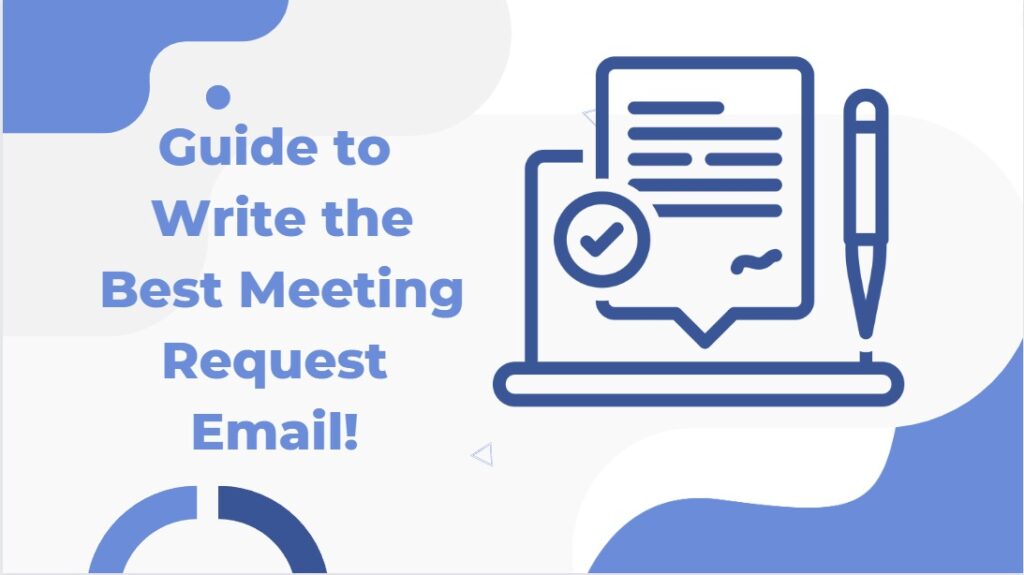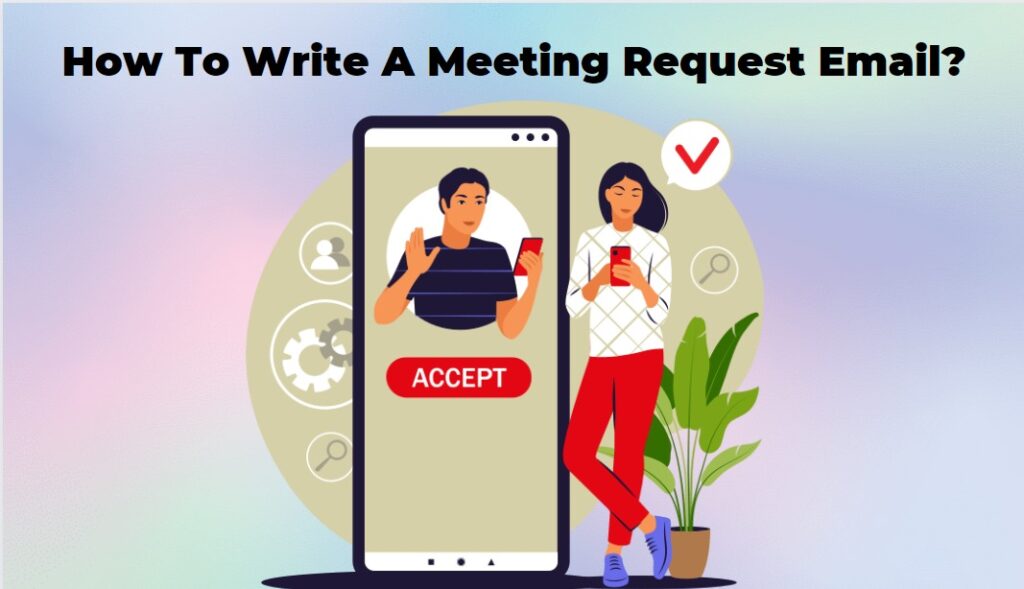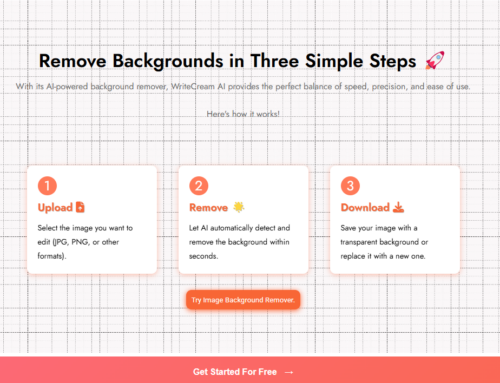Best Meeting Request Email
We all are aware that the social glue that holds organizations together is meetings. During meetings, we discuss initiatives, exchange information, and make decisions about the future of our careers and the businesses we work for. However, we must first send a great meeting request email before we can have any great meetings.
So, how do you write a meeting email request so the recipient agrees to meet with you? That relies on several variables, including the nature of your relationship with the recipient and the meeting’s objectives. Therefore, in this article, We’ll walk you through how to request a meeting via email. Keep reading to learn more!
What Is A Business Meeting Request Email?
A meeting request email is a message asking to schedule a meeting with the recipient. These emails can be helpful when calling for a team meeting, asking another department for information, pitching a product to a potential customer, or just introducing yourself. Even while you can send meeting request emails to your coworkers, teammates, or supervisors, there may be times when you send them to a total stranger. For instance, you might write to a stranger to introduce your business, look into a potential partnership, or inquire.
These emails often ask the receiver to choose a time to talk about a particular subject and ask if they are available and interested. These emails typically have a predetermined format; if you write them correctly, you can improve the likelihood that the recipient will consent to the meeting.
How To Write A Meeting Request Email?
Below are the steps to know how to write a meeting request email:
Clear email Subject Line
Always make an effort to write a clear and self-explanatory subject line for your email. Include phrases like “talk,” “meeting,” or “schedule” in the subject line to make it clear that this is a request to arrange a meeting. Try to incorporate a personal touch when emailing a complete stranger, such as the name of a mutual acquaintance or how you obtained their contact information.
Make a formal salutation
Professionals in a professional atmosphere frequently use emails asking for meetings, and all business correspondence typically starts with a formal and appropriate salutation. These emails should be addressed the same way as any other formal business correspondence.
Meeting purpose via email
Send a meeting request. Explain to your recipient why you want to meet them now that they have opened your meeting request email and are familiar with who you are. Show them the benefits of the meeting for both of you to persuade them. Let them know the main things you want to discuss and how the meeting could benefit them. But hold off on telling them everything straight away. You can deliver without revealing how to pique their interest by hinting at the value. That is the purpose of the gathering. The email’s main body is this. Avoid making it overly lengthy. Please make sure the information is polished enough for them to want to meet with you. Also, make it scannable and simple to read.
Schedule a meeting potential date and time
Indicate the meeting’s date, time, and location, if any, in your suggestion. It’s a good idea to provide a variety of times based on your availability and let the recipient select an appropriate time. Another strategy is to offer them a variety of time slots and ask them to choose one. Make it clear that you reserve the right to change the date and time by reader request.
Request a meeting reply
Always ask the recipient to confirm their availability on the recommended date and time or suggest new information as your email closes. Ensure to include instructions on how the receiver can respond and whether they need to take more steps to demonstrate their presence.
Observe and remind
You can either wait for the recipient to respond to your effective meeting request email or follow up email with them within a few days, depending on how urgent the meeting was. You can follow up to seek a response if the deadline for verifying their availability has gone. Send a reminder with all the pertinent information a day or two in advance once they confirm their attendance.
Business meeting request email templates
Personalize Your Request
One of your sale’s most effective weapons is personalization. B2B buyers do not only well receive personalization; they have grown to anticipate it. Many consumers claim that personalization improves how they see a firm, while many also say that they want brands to get to know them.
Be Particular in Your Request meeting via email
Make it clear why you’d like to meet so they can make the most of their time. If they have to determine what you want, the response will certainly be ‘no.’
Set up a meeting and make it easy to say yes
Since you are the one who requested the business meeting via email, your prospect’s only duties should be to accept and show up. Most or all of the work, including selecting a location and establishing a day and valuable time, will fall to you. Your appearance will improve, and your chances of getting a “yes” will increase the less work you have to do. They should be informed how long you anticipate the meeting to last. It would help if you clarified how much of your target audience’s time you are asking for.
Conclusion
Email is the most efficient way to ask for a sales meeting with a prospect or potential client. It’s traceable, allows for more latitude to consider all options, and gives you a chance to design a compelling invitation. Make sure you’re cutting the time you spend elsewhere, like discovering leads or getting the appropriate information about them, if you want to spend the right amount of time producing efficient meeting request letters. However, doing so is simple if you have the proper lead-generation tools. You may write your own attractive meeting request emails using the tips and examples I’ve provided in this piece.




